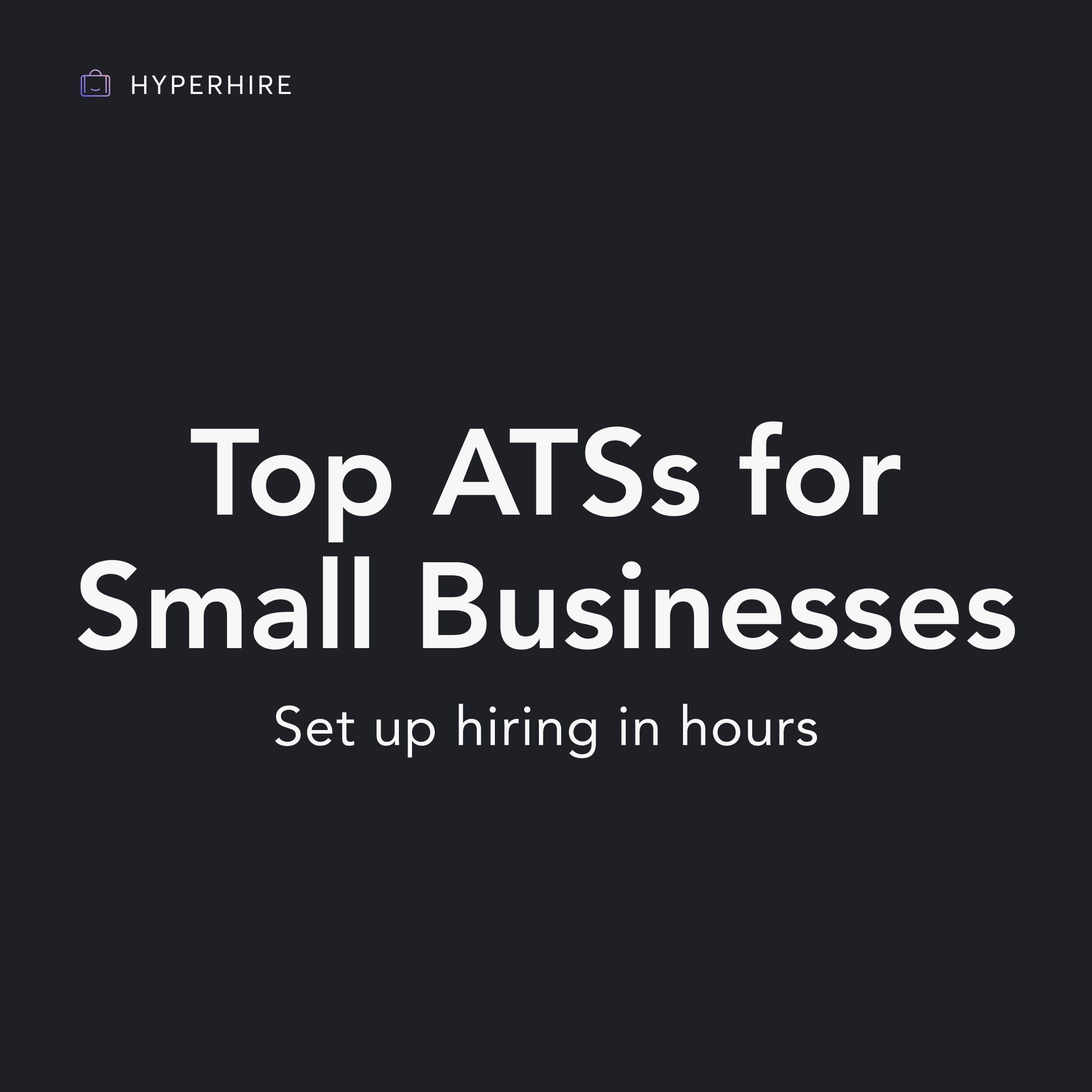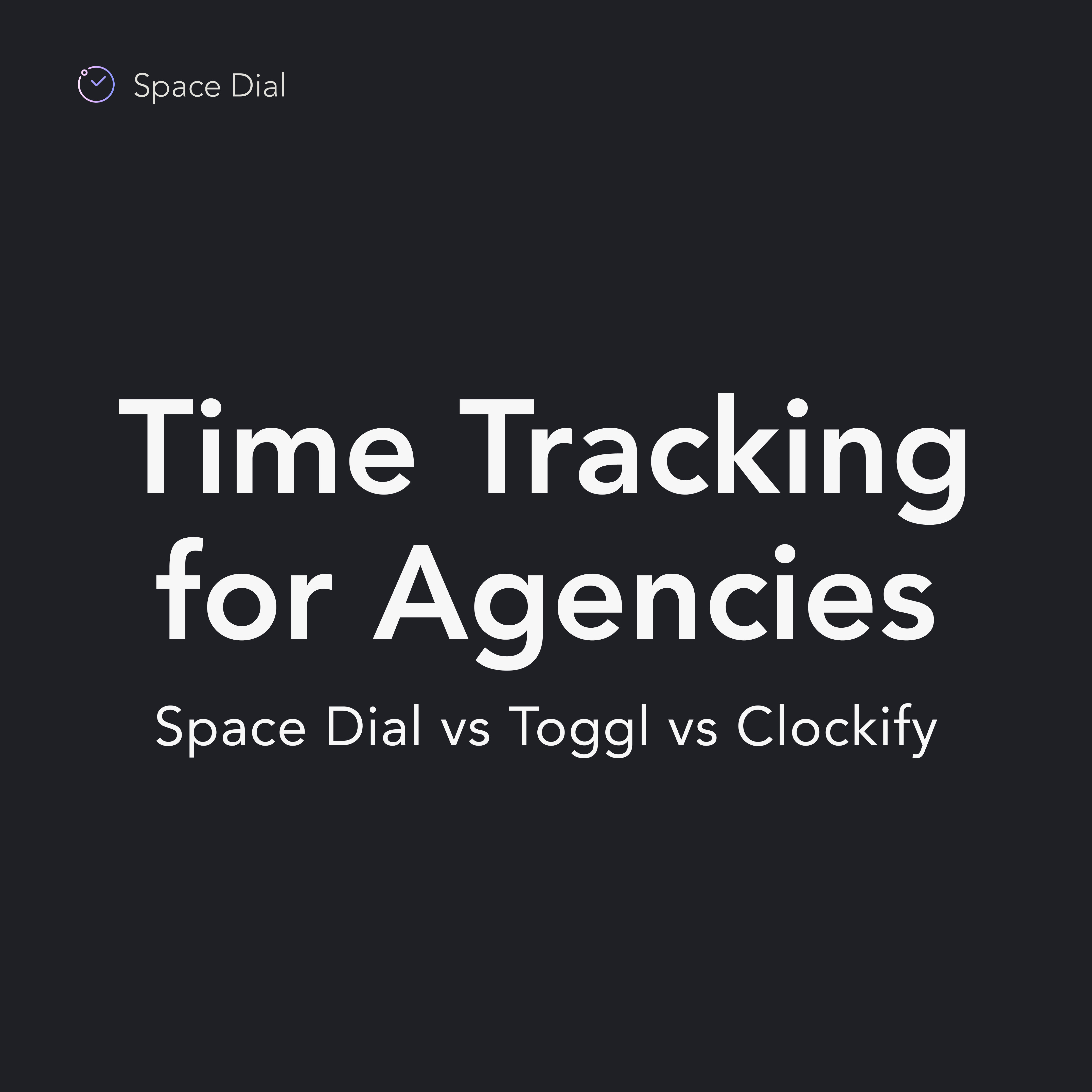Development
Interview with Mark Newman
Thais Gonzalez
Feb 28 2023 · 3 min read
by Thais Gonzalez | Technical Product Manager
Mark Newman is an Associate Professor in the School of Information and the Department of Electrical Engineering and Computer Science at Michigan. He specializes in Human-Computer Interaction and Ubiquitous Computing, with a focus on support for design, prototyping, and evaluation of novel applications and technologies.
As a graduate student at the University of Michigan’s School of Information, two of my favorite courses were “Developing Mobile Experiences” and my last semester mastery course, “User-centered Agile Development." Coincidentally, both classes were taught by the aforementioned professor, Mark Newman. Recently, I had the wonderful opportunity to chat with Mark and discuss his past research experiences and their influence on his teaching, the most common and most valuable takeaways from his classes, and his advice for entrepreneurs as they embark on their start up journey.
As I reconnected with him over video call and checked in with how Ann Arbor was fairing with the rush of new students and excitement of football season, we began with his roots and how he wound up in the field of human-computer interaction. His academic journey began in philosophy, but one HCI course between undergraduate and graduate school had him hooked on the developing relationship between humans and computers that was rapidly evolving. Mark was always more interested in the practice and application of his research rather than a theoretical approach, and he ended up working at a research lab in Palo Alto that collaborated with corporate partners and walked the line between research to generate knowledge and product development for real users.
He brought that practical focus on applications to his teaching, and in his classes, students received hands-on experience building mobile apps in small teams and working in sprint cycles with clients to produce a technical product. From our discussion and my experience in his classes, we were able to draw two invaluable lessons for potential budding entrepreneurs.
Lesson 1: The habits you form in your first stage of development will stick.
When we were discussing the recurring themes he sees year after year from student groups trying to build a product, the first to come to his mind, and most relatable, was the “Wow, those two weeks went by fast” moment at the end of the first sprint. Many groups experience a moment of shared panic when there isn’t much to move over and mark done. Mark emphasizes the foundational yet time-consuming need to ensure everyone on the team is on the same page during this initial time, particularly when it comes to time-boxing tasks and determining how a task will be judged as complete. This is where it is critical for teams to set the standard for the intention they will place behind every decision.
Lesson 2: Begin mapping out your course for development with the final destination in mind – technical feasibility or user adoption?
Through his experience in the field, Mark has kept focused on what really matters despite the constant trendy buzzwords littered throughout the technology space. A major lesson he stresses for entrepreneurs getting started is understanding the biggest risks in their development process and understanding what success looks like. For entrepreneurs on the hunt for funding, he asks, “What do the investors need to be convinced of? Technical feasibility or user adoption?” Building a deep understanding of these questions before a single line of code is written sets the course for the path development will take. How a founder uses this information to define their product map can determine how efficiently development will be able to follow it. Try to do it all and you will be torn between different directions, perhaps spending years over-developing a product no one ends up wanting.
Final Thoughts:
If you were looking for a crash course in product development and entrepreneurship advice from a notable college professor, here it is. After spending many semesters watching students fumble through their own product sprints with their grade in the course as the only serious stake and no money on the line, Mark has an incredible understanding of the common pitfalls in the development process and best practices to mitigate them.
Personally, two of the biggest lessons from this coursework for me is to identify your metrics for success early on to keep a big picture focus and never forget intentional communication as the top priority in order to work on a cross-functional team efficiently. I’ll continue to take the importance of these lessons and add more to the list with me as I collaborate with entrepreneurs to build new products with my team at Hyperspace Ventures.



